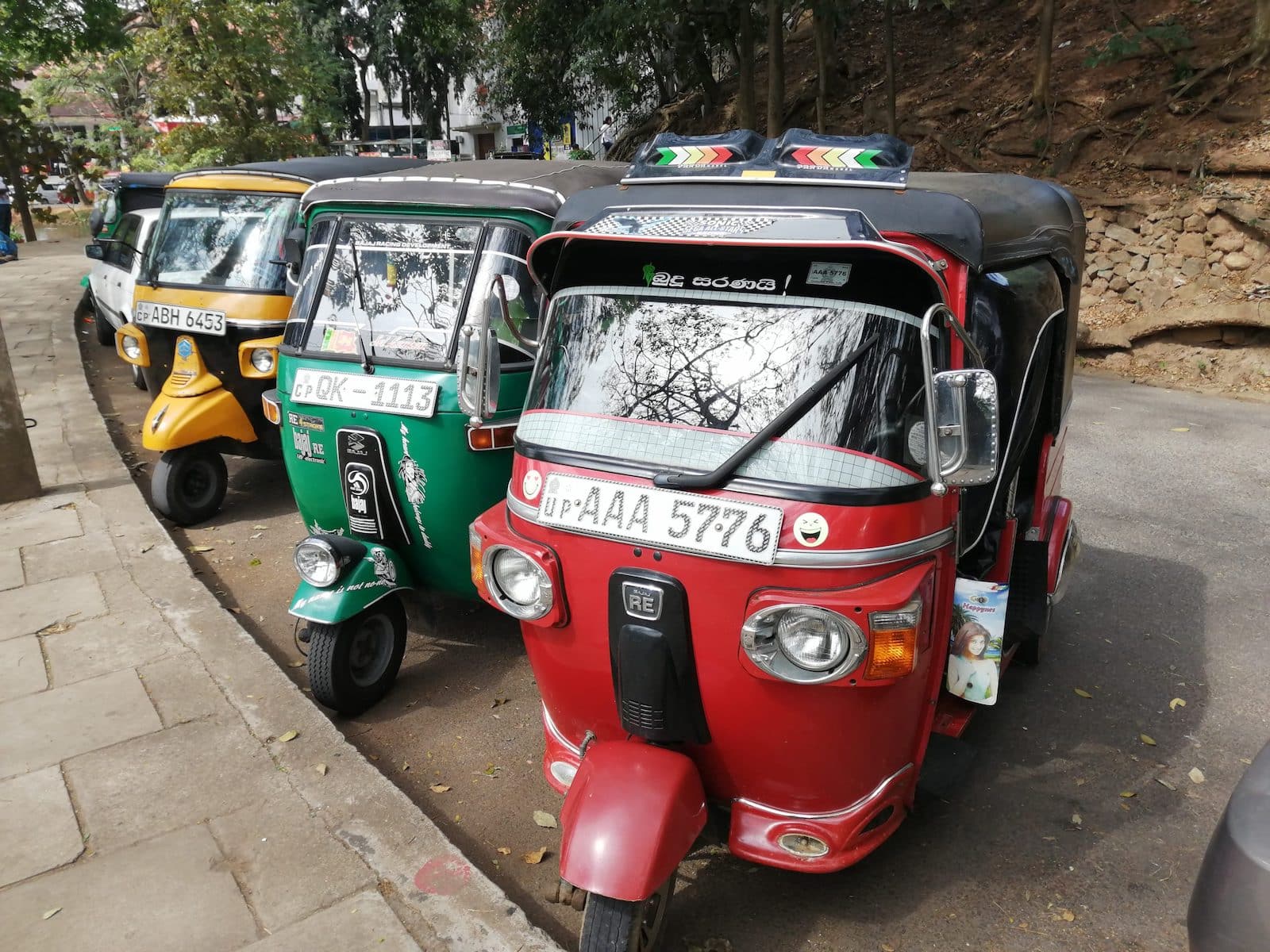Sri Lanka has announced plans to electrify 500,000 tuk-tuks over the next five years in a groundbreaking move towards sustainable transportation. The ambitious initiative aims to reduce the country’s carbon footprint and improve air quality by replacing traditional fossil fuel-powered tuk-tuks with electric vehicles.
Tuk-tuks, also known as auto-rickshaws, are a popular mode of transportation in Sri Lanka, especially in urban and rural areas. However, their widespread use results in air pollution and greenhouse gas emissions. By electrifying these vehicles, the government hopes to address these environmental issues and promote cleaner, more efficient travel options.
The electrification of tuk-tuks is part of Sri Lanka’s wider efforts to transition towards a greener, more sustainable transport system. The country has been increasing investment in renewable energy and electric vehicle infrastructure, including establishing electric vehicle charging stations and incentives to encourage EV adoption.
The electrification initiative is also expected to have a positive impact on the economy as it will create opportunities for local manufacturing and assembly of electric tuk-tuks and the development of an EV technology support ecosystem.
Government officials say the electrification of tuk-tuks will not only benefit the environment and the economy, but also improve the livelihoods of tuk-tuk drivers by reducing operating costs and increasing earning potential. Electric tuk-tuks are expected to be cheaper to operate and maintain compared to traditional tuk-tuks due to lower fuel and maintenance costs.
The initiative received an enthusiastic response from various stakeholders including tuk-tuk drivers, environmentalists and the public. Many see this as an important step towards a cleaner, more sustainable future for the country.
The electrification of tuk-tuks is also in line with Sri Lanka’s commitment to reduce greenhouse gas emissions under the Paris Agreement. By switching to electric tuk-tuks, the country aims to significantly reduce its dependence on fossil fuels in transportation and contribute to global efforts to combat climate change.
However, there are challenges that need to be addressed during electrification, including the need for adequate infrastructure to charge electric tuk-tuks and ensuring the availability of affordable and reliable electric vehicle technology. The government needs to work closely with private sector partners and international stakeholders to address these challenges and ensure the successful implementation of the initiative.
Despite these challenges, Sri Lanka’s electrification of 500,000 tuk-tuks over the next five years marks a major milestone in the country’s efforts to adopt sustainable and environmentally friendly transportation solutions. This is a bold and forward-thinking initiative that has the potential to become a model for other countries facing similar transportation and environmental challenges.
Statement: The picture and text come from the Internet, compiled and published according to public information, reproduced for the purpose of disseminating information, if there is any infringement or violation, please contact us to delete. If you need to reprint or quote the materials of this article, please indicate the source.
Post time: Mar-01-2024

